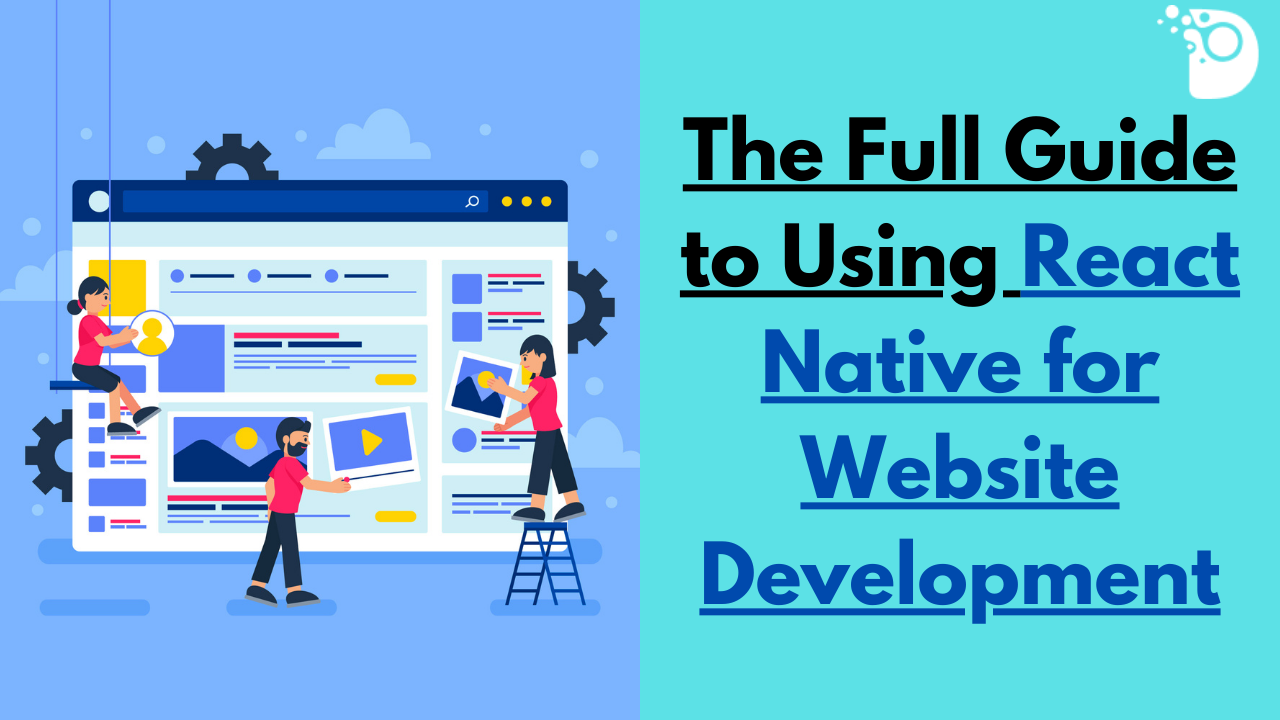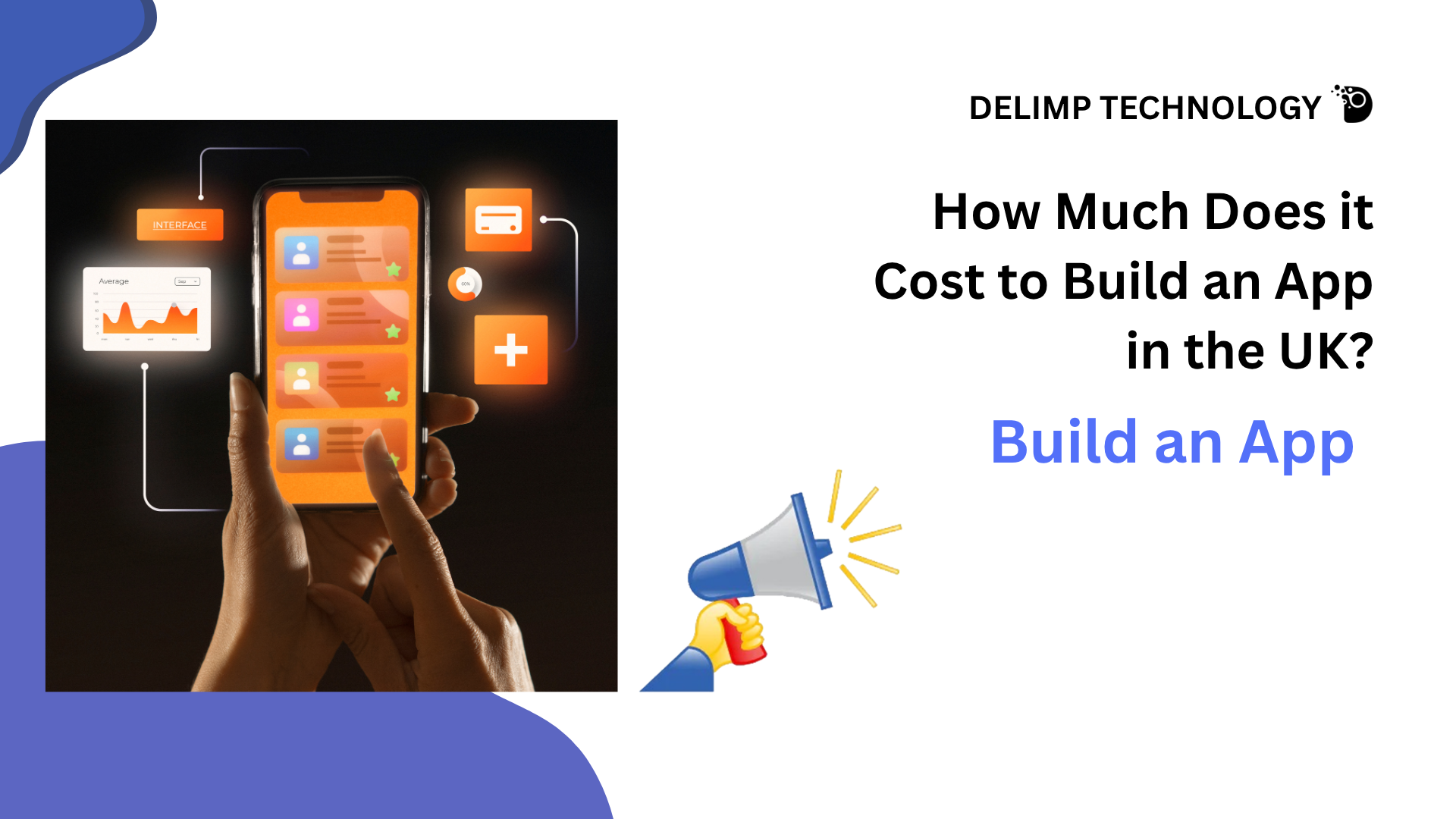React Native is a very prominent library in the mobile application development environment. However, we are going to expand your possibilities by informing you how it can become useful in the setting of a website development toolkit. While React was initially designed for native mobile app development, a game-changer emerged: Website Development with help of React Native.
This revolutionary strategy enables the developers with a characteristic flavor of React, to introduce the approaches and create effective, highly responsive web sites that integrate mobile and Web interfaces. Intrigued? And so, would it be boring to explore the possibility of using React Native for website development for your next project?
Why to choose React Native for Website Development?
Here are some compelling reasons to consider React Native for website development:
Faster Development: In the case of React Native, they primarily admit to use of a single code base for both mobile and web platforms. This leads to the quicker cycle of creation and lower expenses since developers do not have to learn and adapt to the numerous platforms.
Improved Performance: As you know, websites are built using React Native framework to render all the UI components asynchronously, and thus, increasing the possibility of developing highly interactive websites. This is especially relevant for websites with large design and/or for the websites that are aimed at the global audience where many people can still experience slow internet connection.
Enhanced Developer Experience: Having worked with the regular React, migrating to React Native when developing websites is easy. You can build upon your experience and use the fact that React has a large set of libraries and tools for development.
Native-like Feel: As for the websites developed using React Native, the user experience that they offer is almost equivalent to the native applications. This is a great advantage especially with the modern day environment where the usage of mobile devices is prominent and most people expect a continuous use of the web and mobile versions without much difference.
Cross-Platform Compatibility: This is about building websites using React Native where they can be optimized to run as smoothly as possible on as many browsers as possible with little or no hitches.
Is React Native for Website Development Right for Your Project?
To sum up, the usage of React Native for the development of websites has potentialities, at the same time, it is not a universal option. Consider these factors before making a decision:
Project Complexity: React Native excels in versatile and dynamic web projects that cannot be delivered using clean and modern HTML5, especially if they need to look and feel native. We ignored such techniques if the website to be developed was relatively simple with very little dynamic content to include.
Development Team Expertise: If your team is already familiar with using React, using React Native for web development enables your team to get more value out of the tool that they are familiar with. But if your team doesn’t have prior experience using React it could increase the level of difficulty they will have to go through.
Project Timeline: On the other hand, React Native might allow a React Native Developer to create an application quite a bit quicker because the reusability of code is possible; however, this is still a relatively new technology. This obviously implies that it may be easier to come across fewer solutions compared to the well-developed conventional web development frameworks.
Conclusion
The concept of using React Native for website development helps create websites that are vibrant and oriented towards the user. Thus, it can bring actual advantages for development processes and create genuinely native-like UIs with high performance and code reusability. Before starting with Redux, always consider the needs of your particular project and the skills of your group, and do not forget that the React Native community has your back.
Frequently Asked Questions (FAQs)
Q1: Can React Native be used for website development?
Ans: React Native is primarily designed for mobile app development. However, with tools like React Native for Web, you can adapt React Native components for use in web applications.
Q2: What are the benefits of using React Native for web development?
Ans: Using React Native for web development allows for code reuse between web and mobile platforms, speeds up development time, and offers a consistent user experience across devices.
Q3: Are there any limitations to using React Native for web development?
Ans: Some limitations include performance differences compared to native web solutions and potential challenges with accessing web-specific APIs.
Q4: How does React Native for Web work?
Ans: React Native for Web translates React Native components into their web counterparts, enabling you to build web applications using the same codebase as your mobile apps.
Q5: Is it possible to share the same codebase between mobile and web apps with React Native?
Ans: Yes, you can share a significant portion of the codebase between mobile and web apps, though some platform-specific adjustments may be needed.






